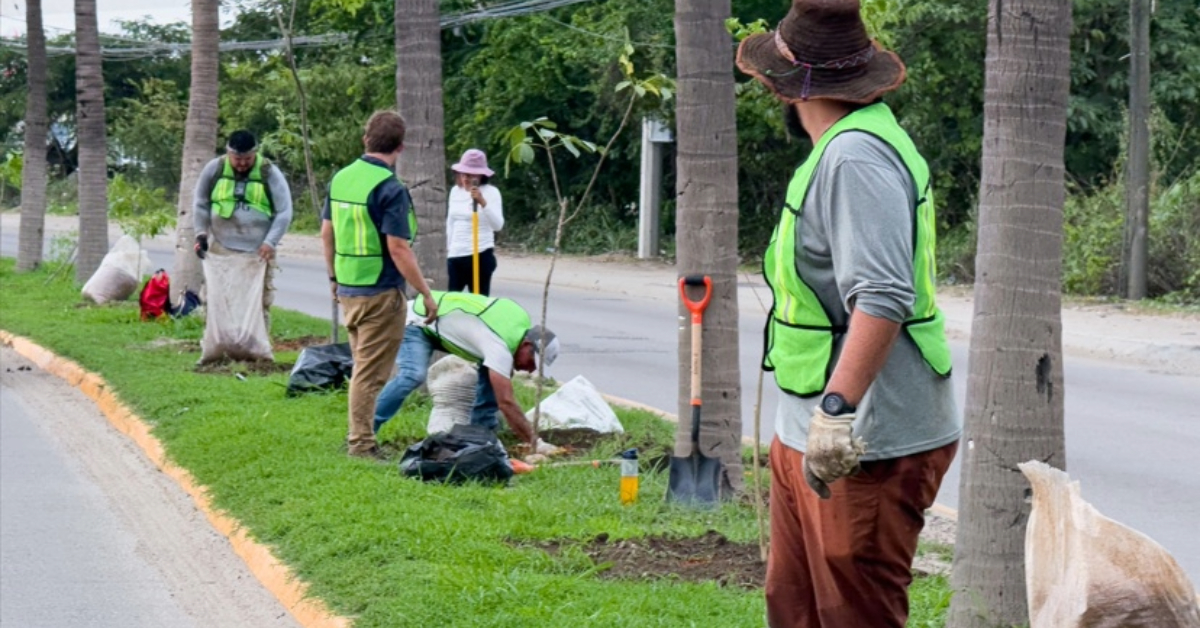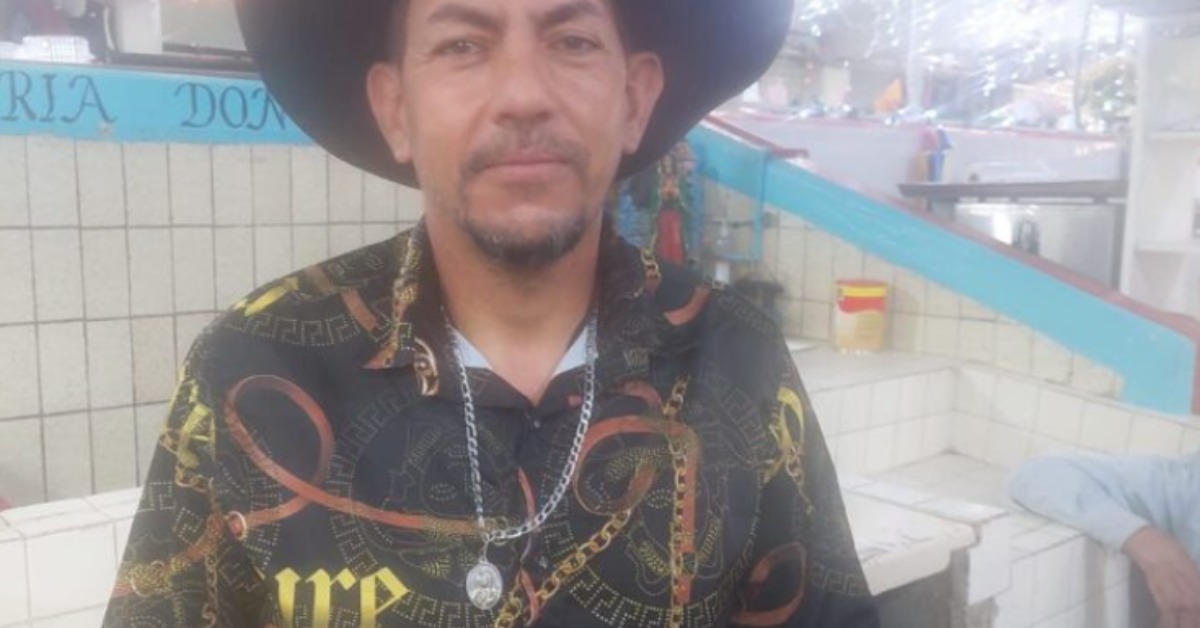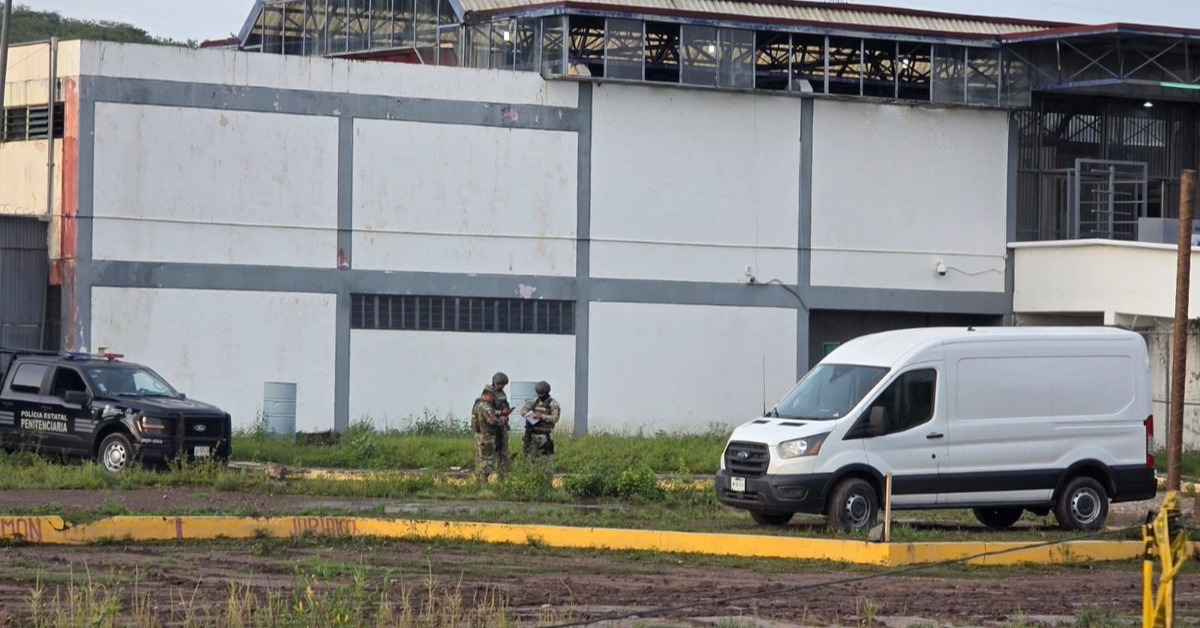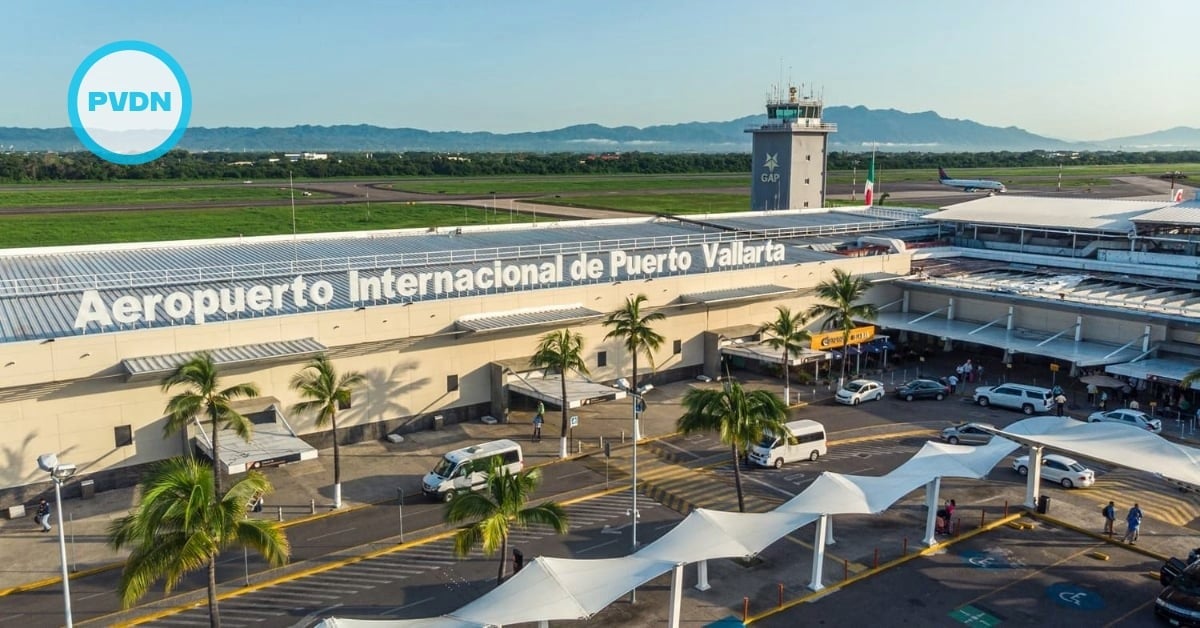Puerto Vallarta, Jalisco— In a historic achievement, Puerto Vallarta has received recognition for the first time from Tree Cities of the World, a global initiative led by the Food and Agriculture Organization of the United Nations (FAO) and the Arbor Day Foundation (ADF). This program commends cities that demonstrate a commitment to establishing, growing, and caring for urban trees in their communities.






